Sweden-based duo Flora Cash, who met on SoundCloud, detail how the platform is part of their creative process today.
Welcome to Sound Advice, the weekly interview series spotlighting artists’ creative process and their SoundCloud journey. We’ll get the inside knowledge straight from the source on how musicians, producers, and creatives are leaning into the many facets of Next Pro to reach their audience and grow their careers.
You never know where bonding over music online can take you in real life. In 2012, Cole Randall of Minneapolis, Minnesota and Shpresa Lleshaj, an Albanian-born musician living in Sweden, started leaving public comments on each other’s SoundCloud tracks, igniting a life-changing musical and romantic partnership. In December of that same year, they started releasing melancholy and lush indie-pop together as Flora Cash.
As Flora Cash, the husband-and-wife duo have toured with acts like Joywave and Amen Dunes, experienced breakout success with their 2018 single “You’re Somebody Else” and amassed an expansive range of accolades, including reaching #1 on American alternative radio, receiving RIAA platinum certification in the U.S. and performing on American and Swedish television. Flora Cash finds inspiration in their love story and honest self-expression, and after having released eight albums and EPs over the last decade, are branching out their sound to include classical, acoustic, folk and emotive electronic elements. Calling in from their home in Stockholm, Flora Cash told us more about how SoundCloud brought them together and how they use the platform to build authentic connections.
Take us back to 2012 when you first met. What were your individual relationships like with SoundCloud at that time?
Cole: I was uncertain about what I was doing and my friend, who I was showing really rough demos to, was like, ‘Hey man, you need to put these out into the world.’ I had no clue how to do that. I can’t remember exactly how I learned about SoundCloud but I saw it as a really fast and easy way to put stuff out. And then I realized that there was already this whole community of people who were into a lot of extremely underground stuff. [Posting on SoundCloud] was my first foray into actually letting people that were not my friends and family listen to stuff. I didn’t really know what to expect but I did start to get a little sense of this little tiny community of people, mostly other artists, who were commenting and giving feedback and being encouraging. That’s what SoundCloud was to me in 2012.
Shpresa: I had a project with a friend of mine and we made music together. He showed me SoundCloud, and it was very cool. You get to share music with other people that make music and I thought that was really fantastic. I started commenting a lot and I was the first one to comment [on Cole’s music].
Cole: Well, you weren’t the first person to comment on my music, but you are by far the most important [laughs]. I’d be checking to see how people were reacting on SoundCloud. Especially for us at that time, it was a very immediate feedback kind of thing. Generally, it was quite an encouraging vibe. It was real. In terms of musical collaboration, we didn’t do that until we met in person but we said on SoundCloud that we should make music together. At the time, our individual music-making setups were a lot more primitive and sending files back and forth wasn’t really feasible. We tried a few times over Skype but there was a delay that was really annoying.
Because we developed those feelings for each other on SoundCloud, it basically became the place where we would each post the thing that we had just written about the other. It became our way of sending love letters.
What makes SoundCloud a helpful tool for music discovery and collaboration?
Shpresa: It’s easy to discover each other’s music; it’s an amazing place to meet other musicians. When someone would comment on my music, I would click on their page and go through the tracks they favorited. That’s how I found Cole actually. I was like, ‘This guy has very good taste because he likes my music.’ [laughs].
Cole: WHAT MAKES SOUNDCLOUD SPECIAL IS YOU DON'T FEEL LIKE YOU'RE JUST THROWING YOUR SONGS OUT INTO A VOID. We know that when we share things there, there’s a direct connection and a direct response. It makes it easy to share your work and it can be very inspiring, because it feels like people might actually hear it – it doesn’t rely on some curator out there. Curators have been a great part of our success but there’s a motivating factor that there’s real people there who are really listening to music for the right reasons and it’s not *just* that they are being spoon-fed that music. The ability to interact with people and get immediate feedback is really huge.
Learn more about unlimited uploads on Next Pro
How does SoundCloud play a role in your creative process?
Cole: I find it way more fun to put something out that’s really new or that isn’t even scheduled for release officially. I would encourage anybody who is interested in [experimenting with SoundCloud] to put new music out for a little while publicly, just to see how people react. We have this pattern of putting demos out and letting them live for a bit before making them private again. I don’t think you should create by committee, and that includes your own fans, because I don’t think people want you to make something that they’re “supposed to” like. At the same time, it can be an interesting way of checking the pulse, and seeing what gets a reaction… and then we make the song private before anybody tells us we’re not allowed to do that!
I also love that you can switch things out, such as artwork or the master; it’s an evolving thing. It works beautifully that you actually can do that and you don’t lose your comments or interactions. There's freedom in that.
It’s way more exciting to release something for five days on SoundCloud than it is to put something out into the world as a “for sale” kind of thing.
Shpresa: [Our SoundCloud fans] hear a lot of songs that we might not ever release, and that’s awesome.
Learn more about replacing a track’s audio file
Why do you create orchestral or acoustic versions of your songs?
Shpresa: Us humans have so much in us. We don’t just have one way of doing something. People need to express themselves and there’s so many different ways to do that.
Cole: In a weird way, those orchestral versions are about exploring the essence of a song. The intention behind them is, let’s see what the songs sound like when they’re divorced from the lyrics and things that can distract your left brain. When you’re hearing a song purely from the musical essence standpoint, does it still convey the same meaning? Does it hold up? There’s also a fun conceptual aspect where we asked ourselves, “What would we be writing if we lived in the time before recording equipment? Would these songs manifest through us regardless?” We’re trying to see what the soul of this is.
What is your best advice for artists utilizing SoundCloud?
Shpresa: Make friends with other artists. And keep uploading a lot. Listen to the people that listen to your music and listen to new people, so they can discover your music too. You might just find your biggest love there and end up getting married to them.
Cole: I think it depends on where you’re at in your journey. I think SoundCloud works best when it’s about interaction, and that’s even more important at the beginning. Not to say that it’s not important later on, but when you’re just starting out, there’s a lot to finding your artistic identity. There’s a lot of uncertainty, self-criticism, etcetera and I think it can be extremely motivating and beautiful to actually build connections through music with people.
How to get the most out of the DM feature on SoundCloud
You recently released a four-track EP, titled Vår Pil (Piano Quintet Suite För Rocker Peggy). What was the inspiration behind this instrumental project?
Cole: That was a birthday present for our daughter and we wanted to make sure it was released right on her birthday, November 10th. In an ideal world, without sounding too grandiose, I wish my parents had done something like that for me. In their own abstract way, those four tracks encapsulate a journey from her being born to her eventually branching out on her own, which is where the EP stops. The idea is that she feels like she can come back to those songs and they will mean something different to her at different phases in her life. Maybe “To Watch You Grow” will be more about her in her 20s or 30s, and not actually just about our perspective of her when she was little. That’s wishful thinking but it’s meant for her to come back to. We wanted to make sure the EP was out there for her birthday and then let the universe decide what happens after that.
What can fans look forward to in Flora Cash’s next chapter?
Cole: A lot of new music. We’re working on our fourth full album. We currently have what’s meant to be a 12-track album narrowed down to 22 or 23 tracks, which are all in a private SoundCloud playlist for us to share with our potential partners. That SoundCloud playlist just keeps getting bigger but it’s all going to make sense soon. For the album, we’re aiming for autumn of next year, and there will be some singles here and there and quite a few tracks released ahead of time. A very strong and interesting conceptual landscape is forming around this new material that we’re excited to communicate to people. It’s got a lot of intentionality behind it, a lot more mythos around it than our previous work. We’re trying to steer clear of things that we feel like we’ve already done. We feel very excited about it. This is just the beginning.
To discover additional features a SoundCloud Next Pro subscription offers, visit here.
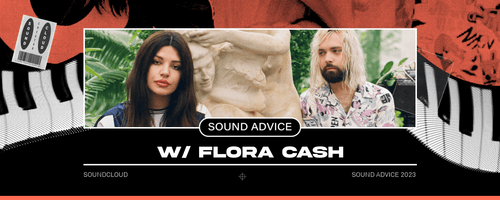
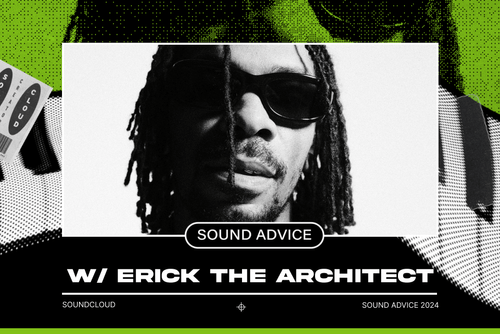
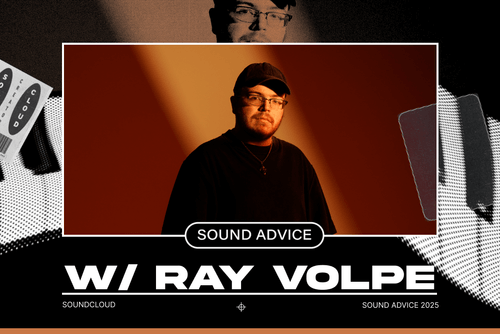

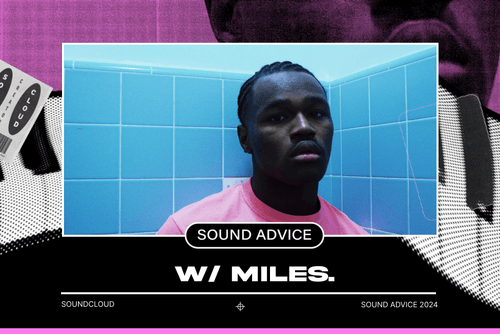
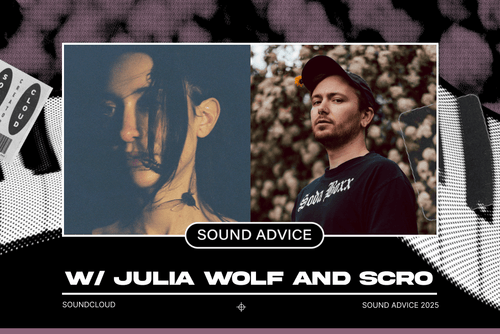
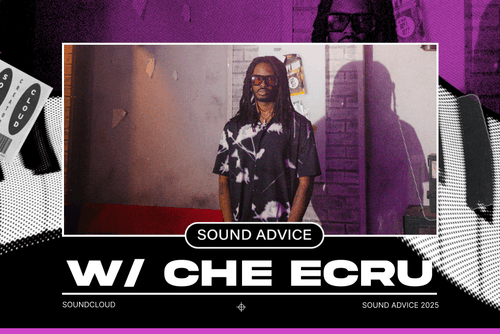
-p-500.png)
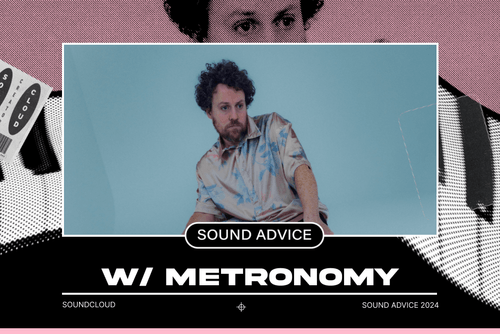
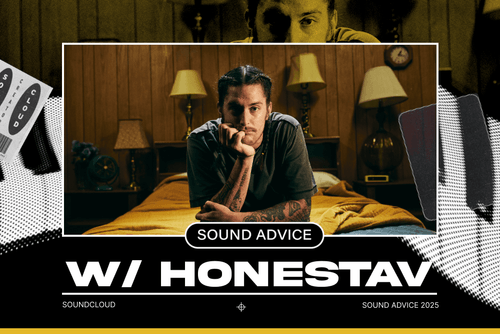
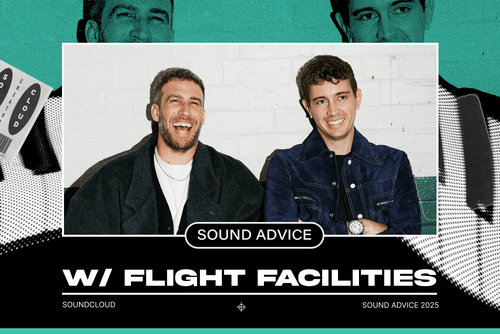
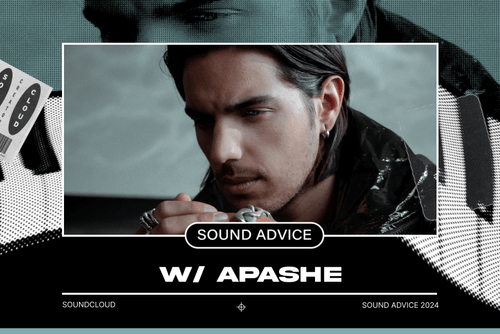
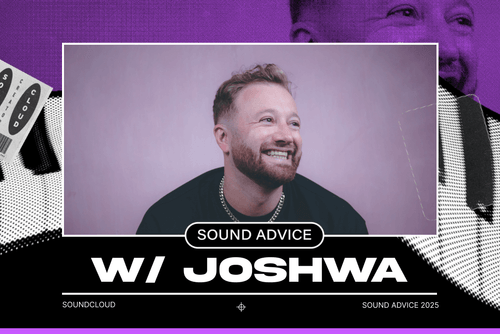

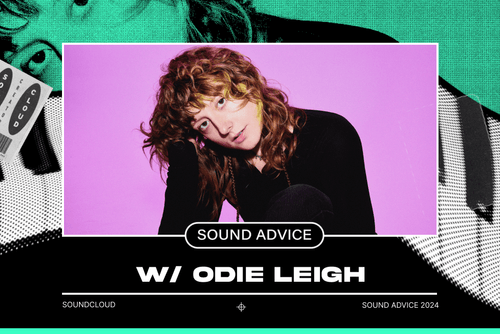
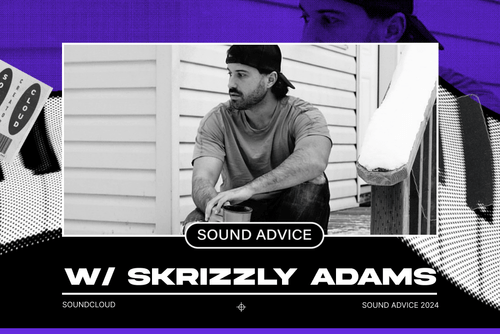
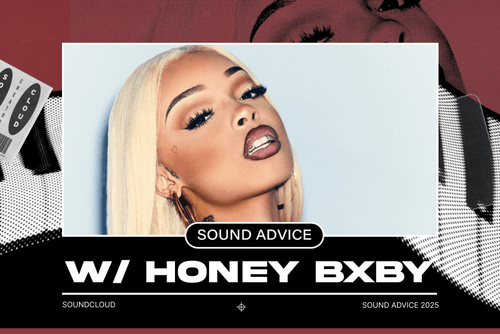
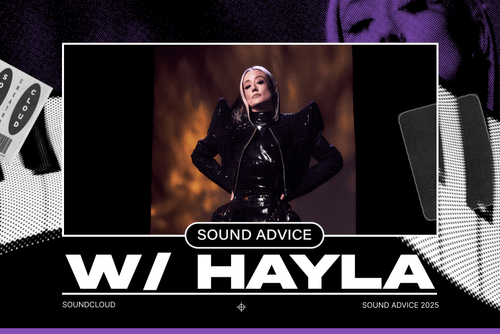
-p-500.png)

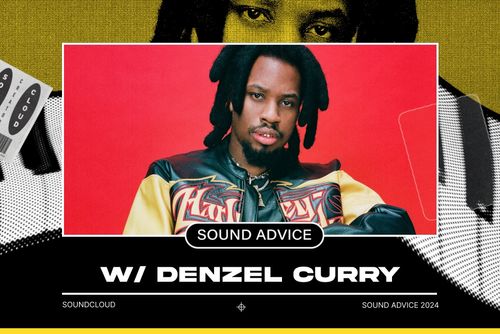
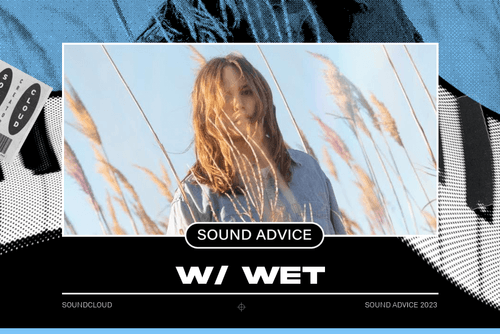
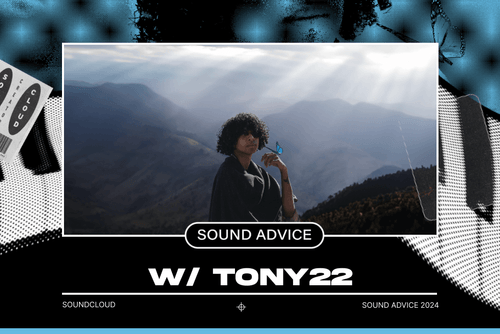
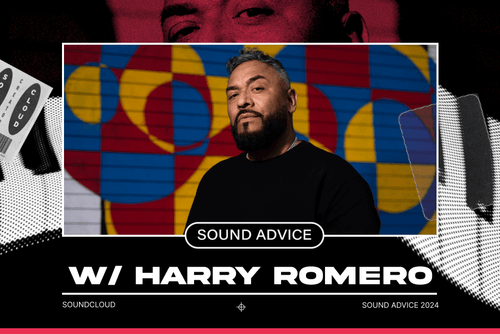

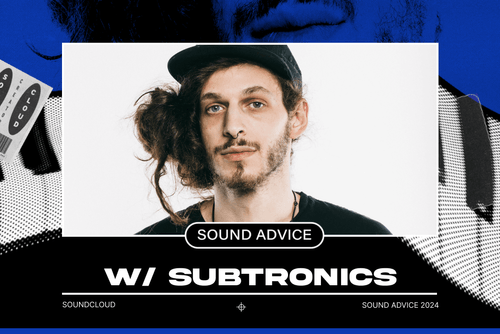
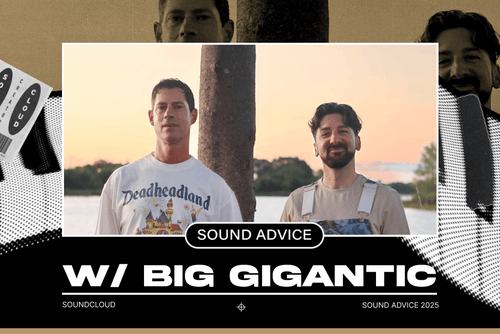
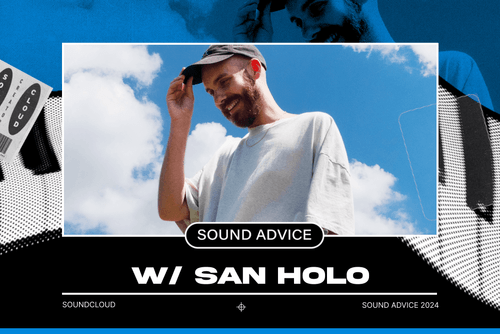
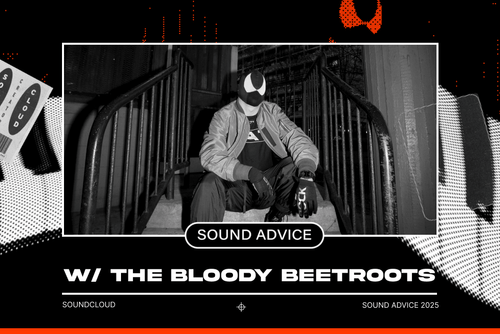
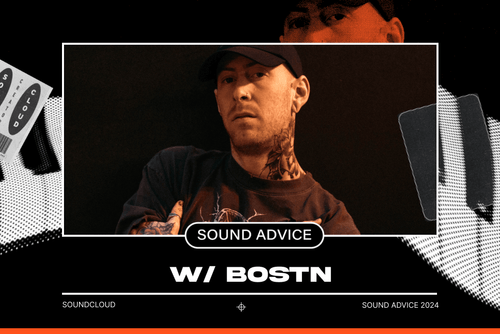
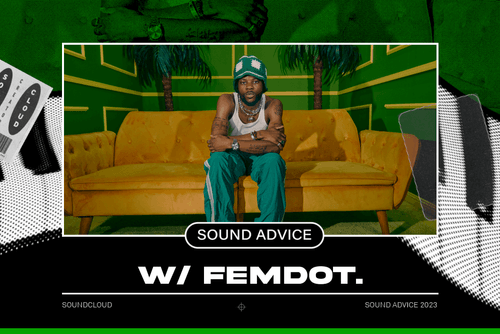
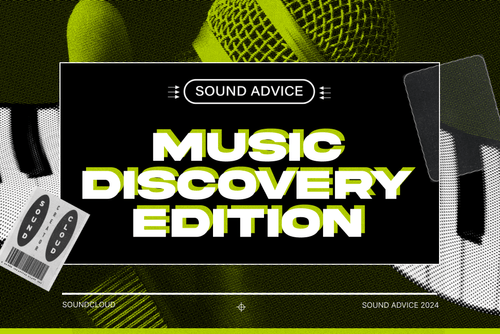
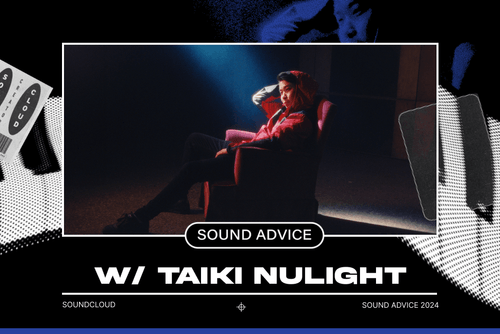
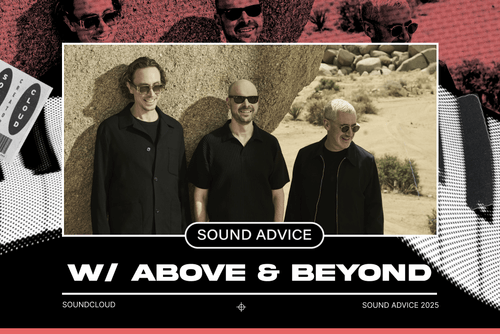
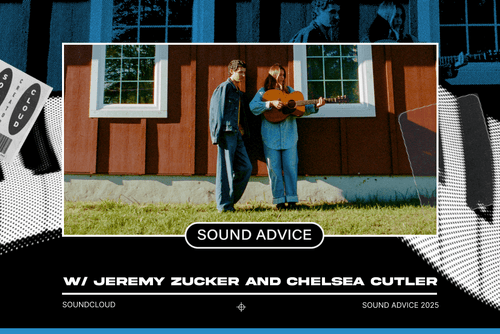
-p-500.png)

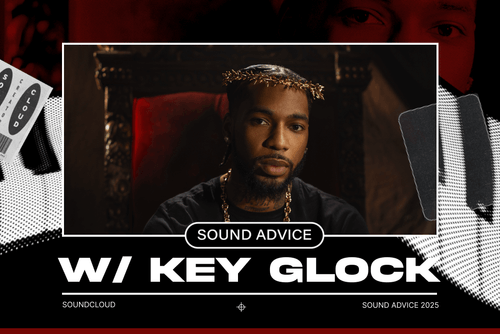
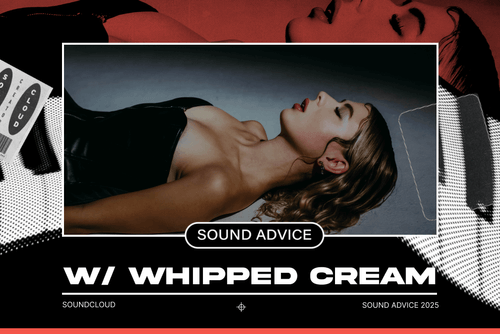

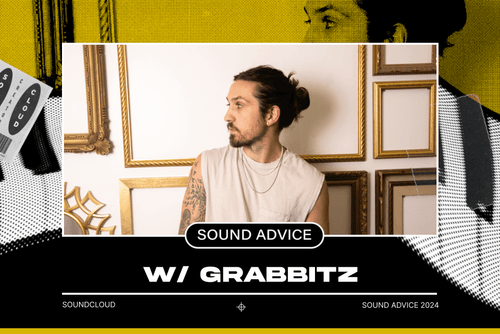
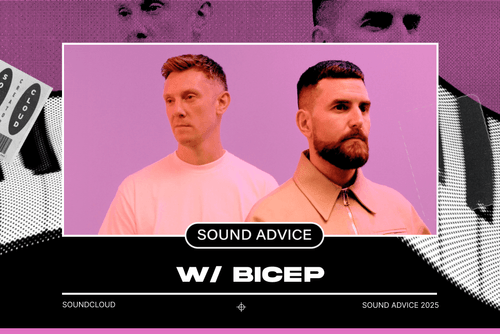
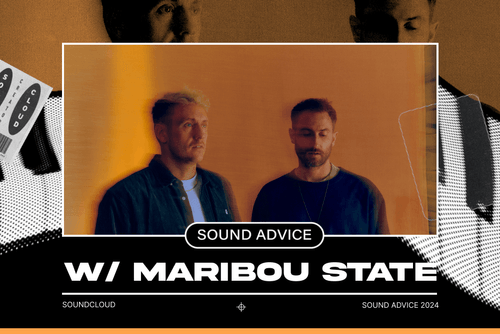
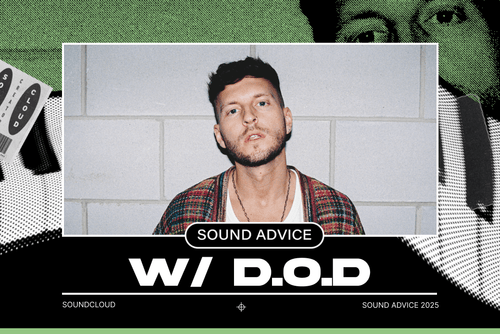
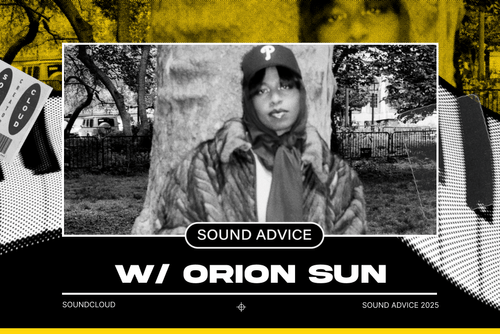
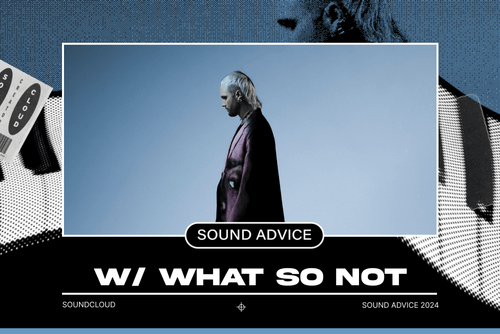

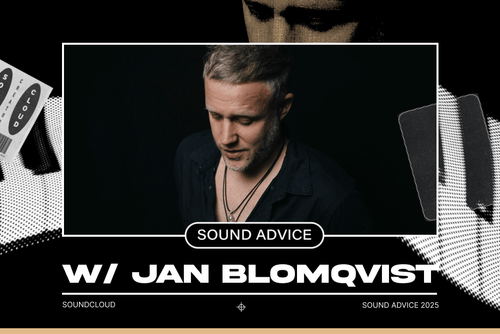
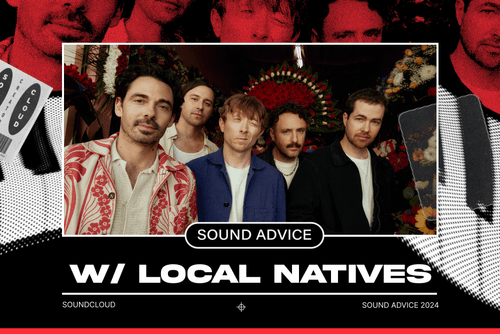
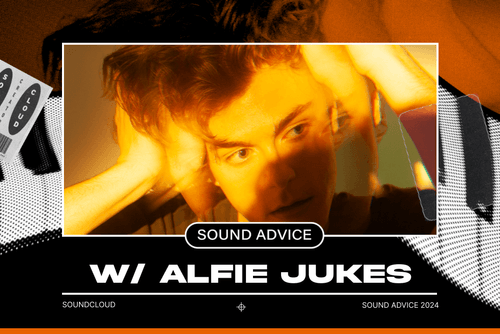
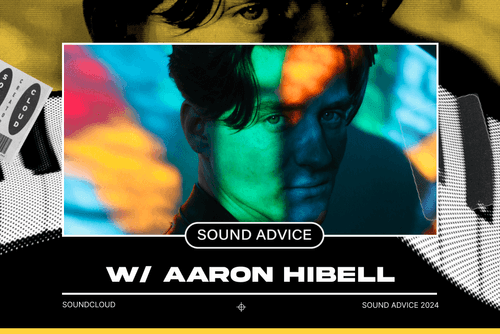


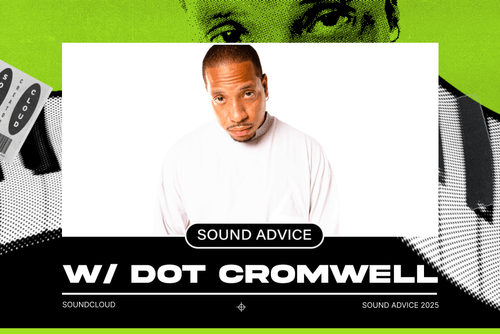
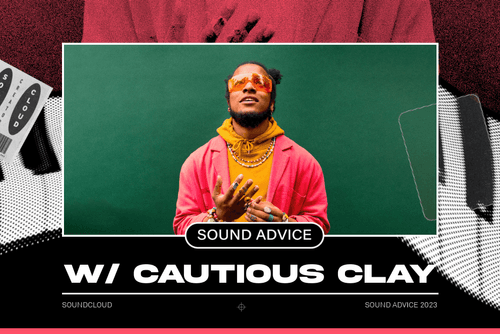
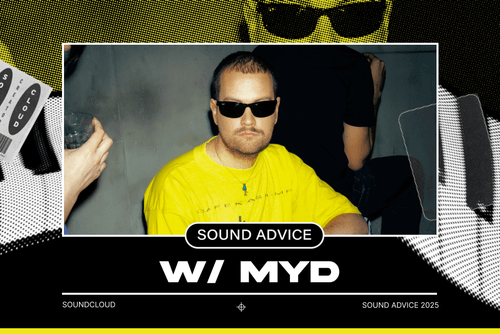
-p-500.png)

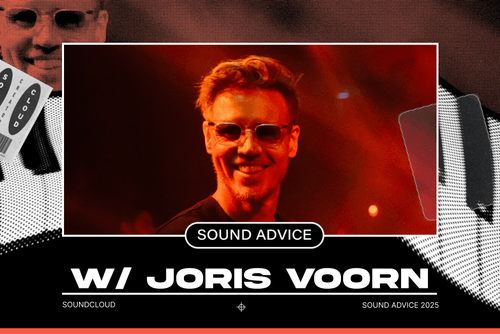

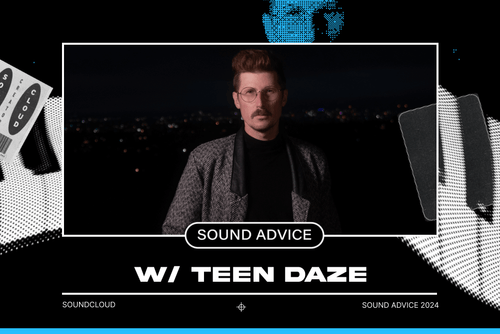
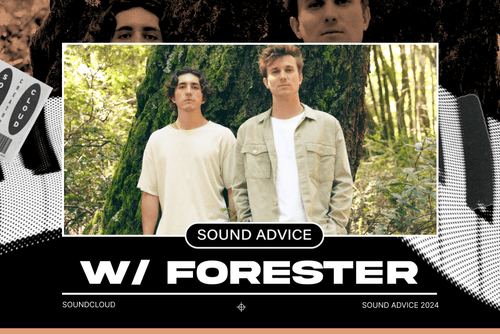
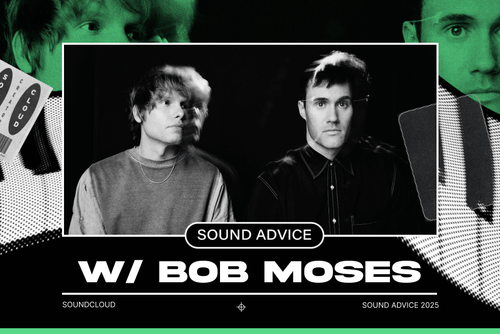
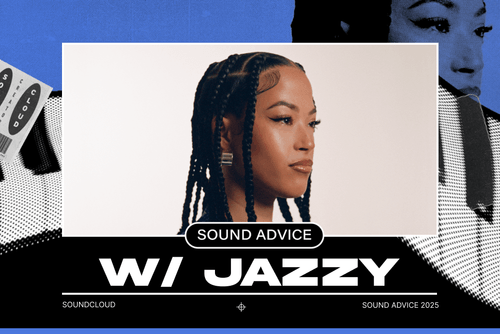
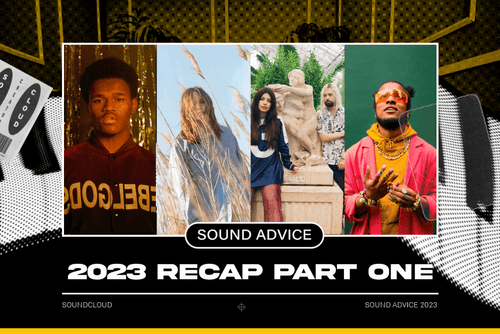
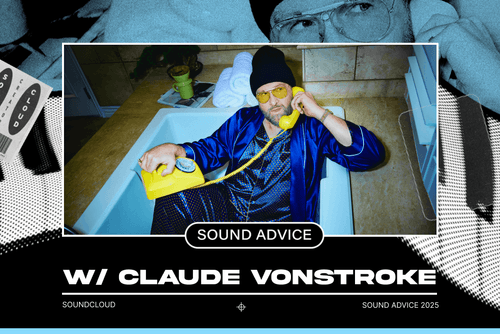
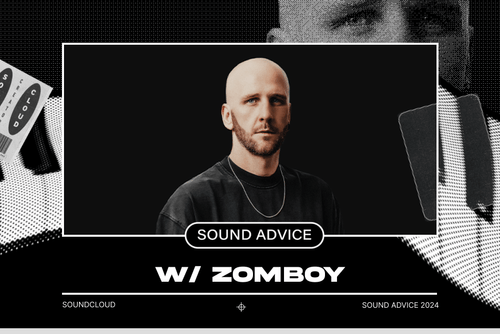
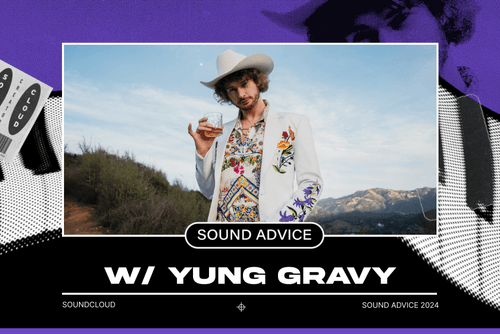


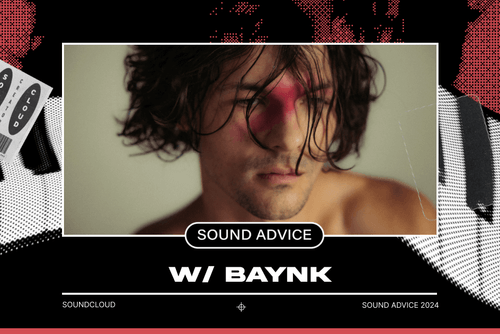

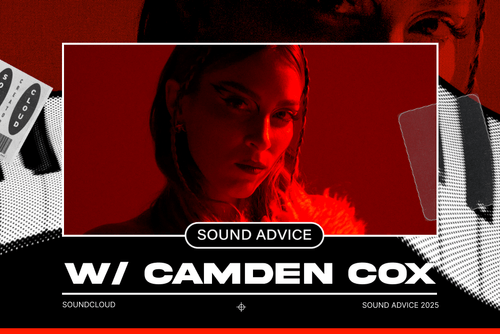
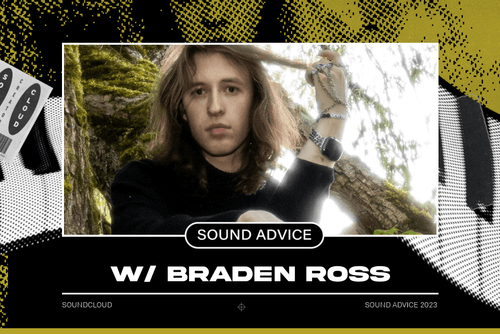

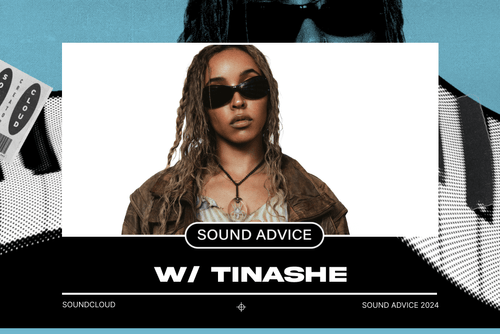
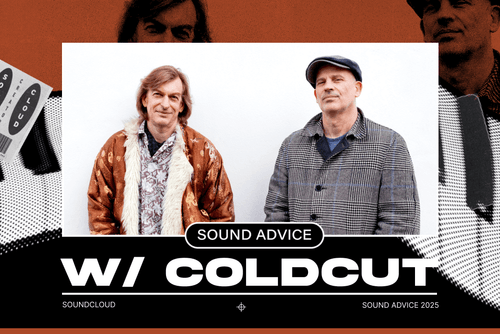
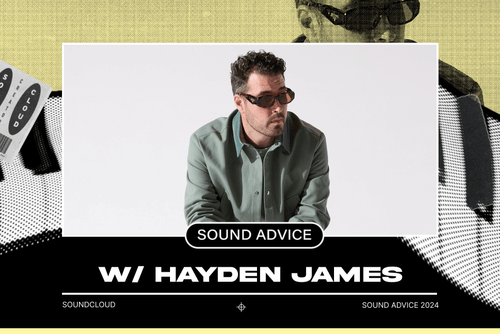
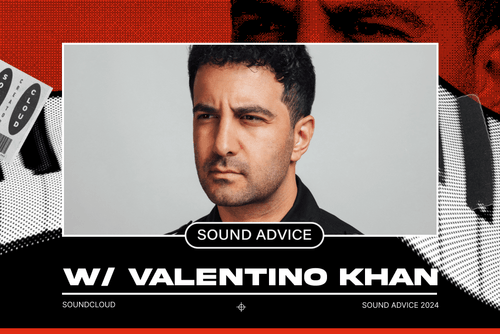
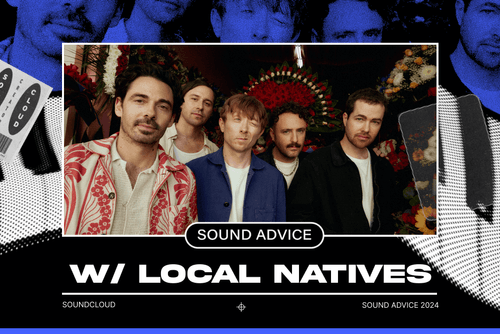
-p-500.png)